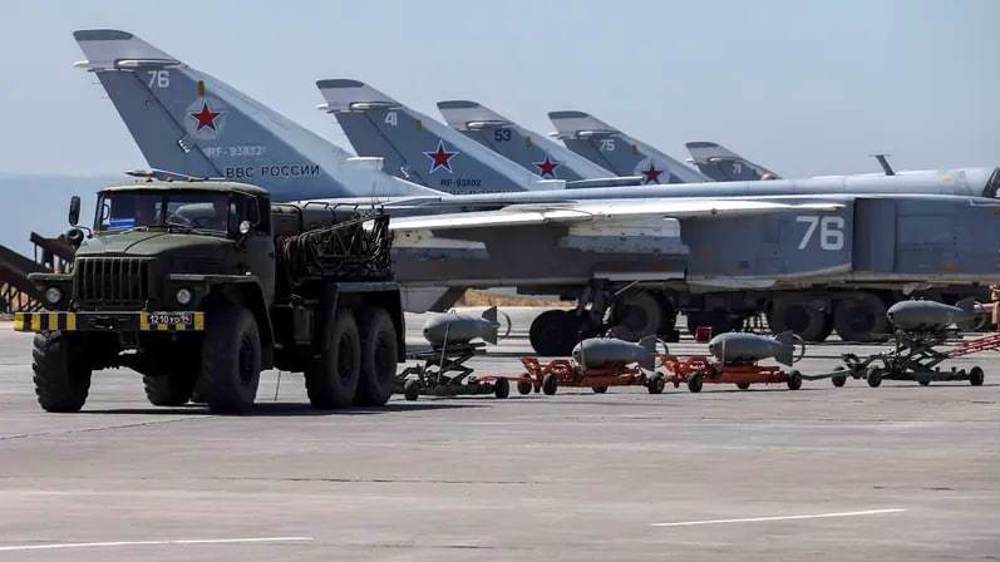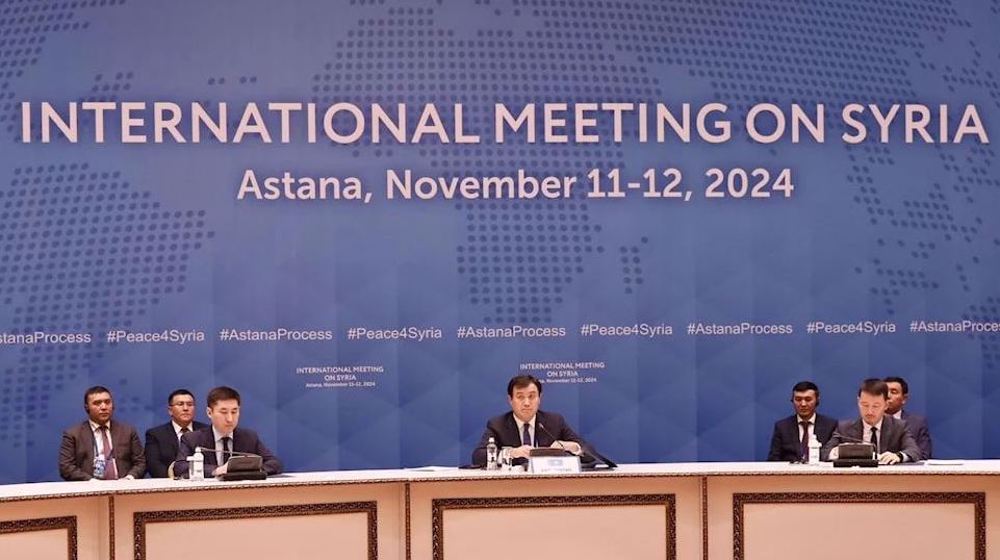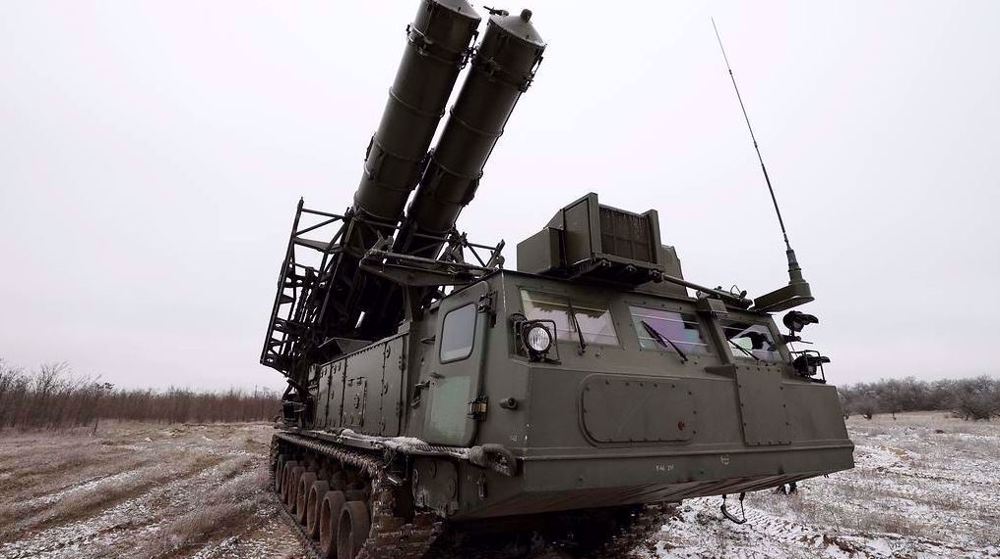Russia vows retaliation in case of new US sanctions
Moscow has vowed retaliation if Washington issues further economic sanctions over alleged Russian cyber attacks during the US presidential elections.
"To be honest, we are tired of the lie about the 'Russian hackers', which is being poured down in the United States from the very top," said Russian Foreign Ministry spokeswoman Maria Zakharova on Wednesday.
She warned that her country would respond to any manner of "hostile steps" the US decides to undertake.
“It concerns any actions against the Russian diplomatic missions in the US which will immediately ricochet the American diplomats in Russia," she added.
Zakharova went on to stress that the US was attempting to intimidate Moscow with extending sanctions, taking diplomatic measures and sabotage against Russian computer systems, in retaliation for alleged Russian hacking interference during the US presidential elections in November.
Earlier in the day, US Republican Senator Lindsey Graham of South Carolina said that Moscow needed to understand it had gone too far during the election, and that new sanctions would target Russian President Vladimir Putin.
"It is now time for Russia to understand – enough is enough," he said.
"You can expect that the Congress will investigate the Russian involvement in our elections and there will be bipartisan sanctions coming that will hit Russia hard, particularly Putin as an individual," he added.

In early December, US intelligence agencies said they had identified individuals with connections to the Russian government that were part of a wider Russian operation to boost GOP presidential nominee Donald Trump and weaken his opponent Hillary Clinton.
Economic sanctions against Moscow were originally introduced in March 2014, after Ukraine’s strategic Black Sea peninsula of Crimea joined Russia following a referendum.
Since then, the European Union, the US and some other Western countries have imposed several rounds of sanctions against Russia over accusations that Moscow has been involved in the deadly crisis in Ukraine, which has killed nearly 10,000 people to date. The Kremlin, however, has strongly rejected the accusations.
Nikki Haley faces protests over Israeli genocide support on Oxford visit
Iran decries Israeli aggression on Syria as ‘war crime’
Iran slams UN inaction on Israeli crimes against its citizens
VIDEO | Press TV's news headlines
VIDEO | Yemeni protesters call for military mobilization against Israel
VIDEO | Art festival honors Martyr Tehrani Moqadam’s legacy
Borrell urges sanctions on Israel for war crimes
VIDEO | Top Iranian delegation in Beirut for talks












 This makes it easy to access the Press TV website
This makes it easy to access the Press TV website